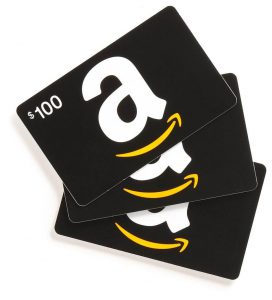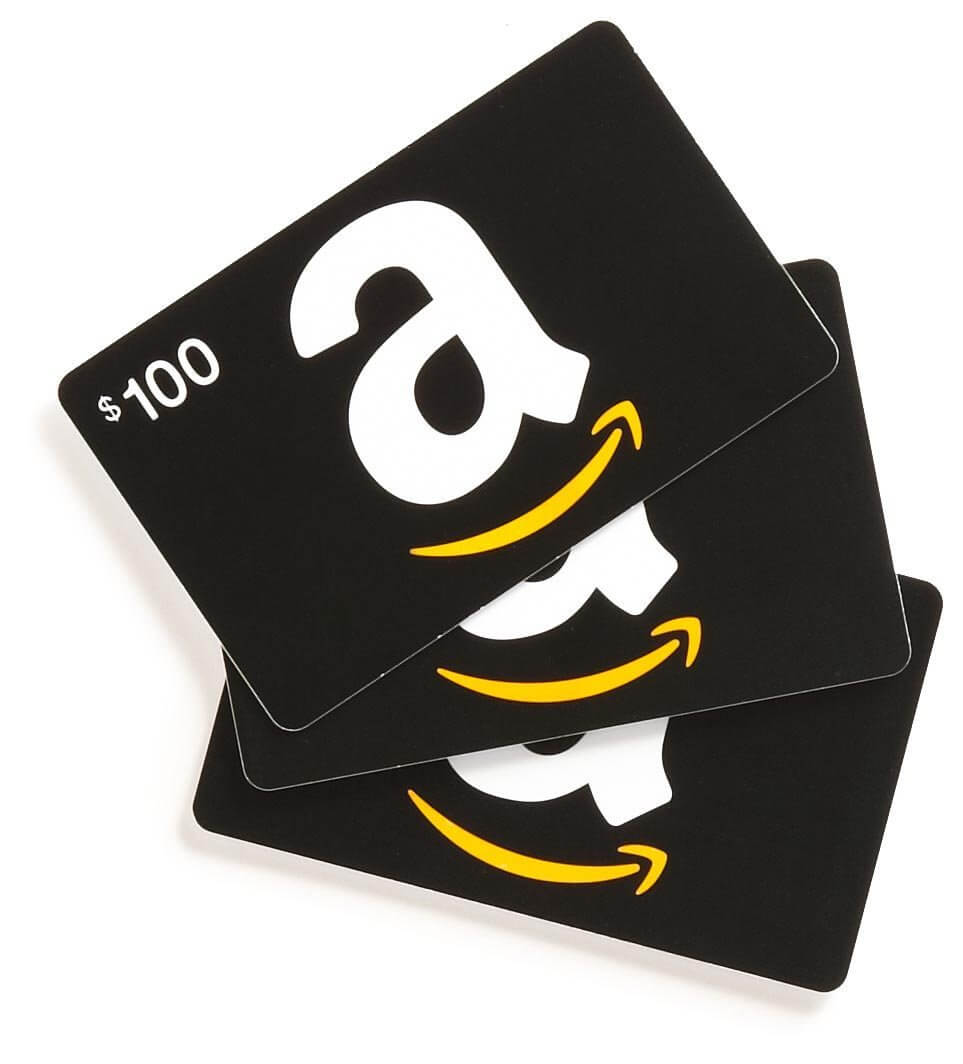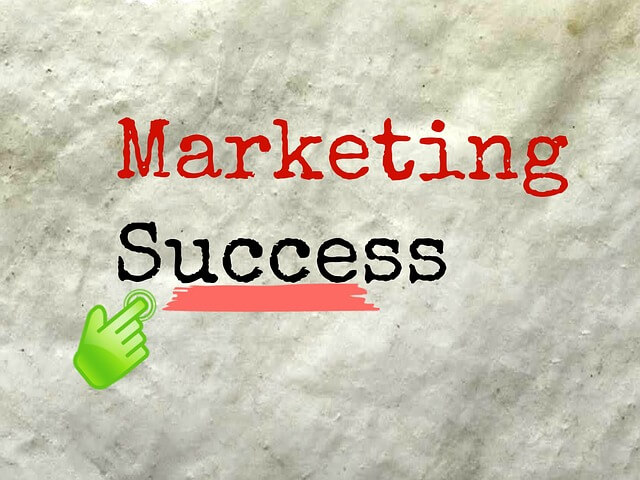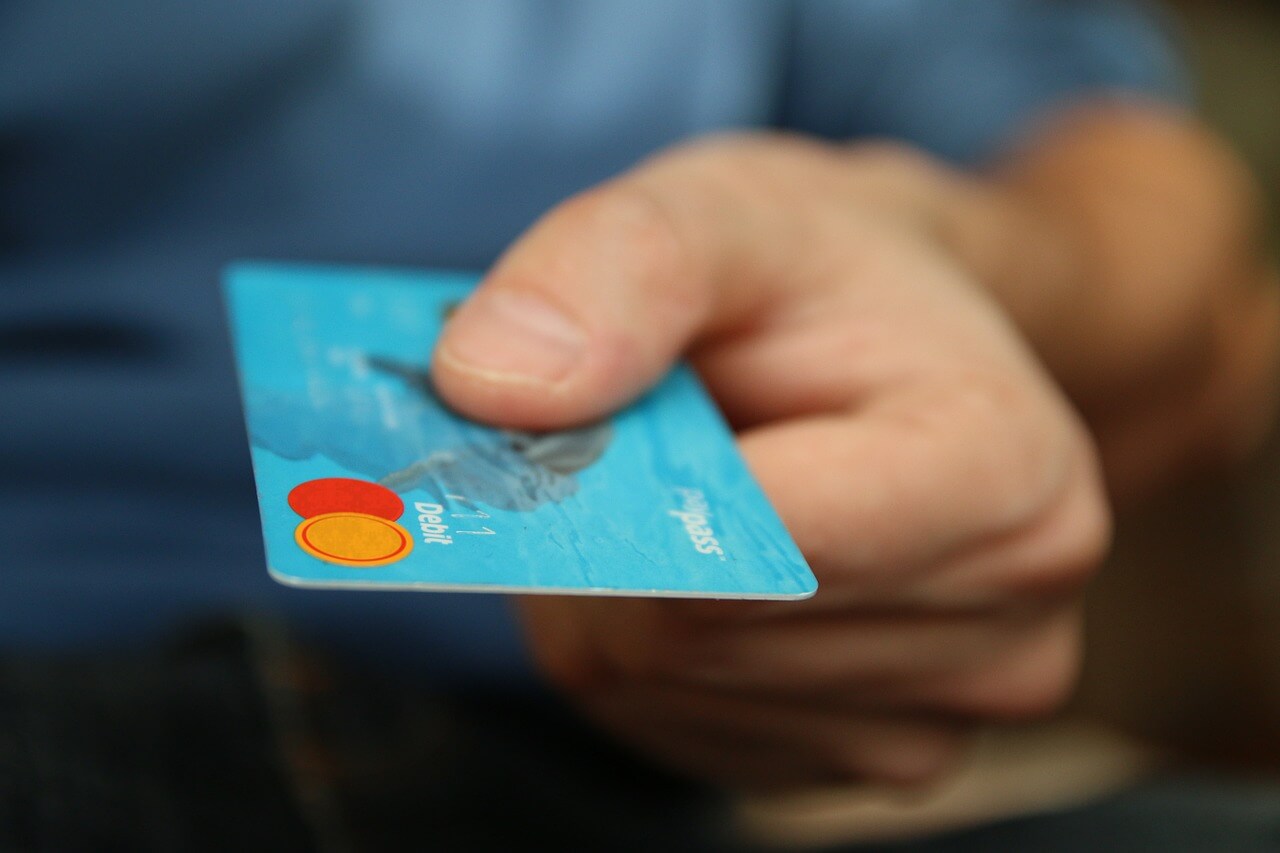Are you a retailer without a good mobile app? Well, here’s a sobering quote from a recent venturebeat.com article:
By the end of 2015, U.S. mobile commerce sales totaled approximately $104.05 billion for the year, up nearly 40 percent from 2014. With mobile commerce growth outpacing total ecommerce growth by 2.58 times in 2015, mobile commerce sales nearly reached 30 percent of total US ecommerce sales.
Mobile shopping is quickly becoming more than a fraction of the market; it’s becoming the market. If you are a retailer, big or small, that has yet to dip your feet into this brave new world, you better get started. Here are 4 big reasons why every retailer needs a mobile app.
1. You’re missing out on Millennials.
We all joke a lot about “kids these days” always on their smartphones, but these “kids” (read: Millennials) are big spenders when it comes to retail, and they’re doing it from their mobile devices. In fact, comScore found that 59% of digital shopping time occurs on mobile devices. Since the purchasing power of Millennials are hitting trillions of dollars, $2.45 trillion in 2015, you’ll want to pay attention to exactly how they’re spending all that dough.

And remember, a mobile site isn’t enough. We’ve already written about how 90% of mobile time is in apps, not on the sites. To capture Millennial dollars, the best option is a branded mobile app that can serve not only as a great marketing tool, but also as your customers’ online portal to purchasing your products.
2. You’re missing out on cross-channel promotion.
With a good mobile strategy for your brick-and-mortar store, one can feed the other and your total business can grow larger than the sum of its parts. Said CMO of Localytics, Josh Todd:
Retailers have a twofold problem: they want people to buy within the app, but they also want to drive people into stores. Smart retailers use the app to do both by emailing customers about their in-app shopping carts or wish-list items, and offering in store incentives to buy.
There are many ways to engage your customers with cross-channel promotion in mind. There are lofty ideas like publishing content to an entire second app as Barneys does, but there are much simpler ideas too: for example, push an in-store coupon to a user’s mobile app; this brings the user into the store where she can “check in” via the app for a loyalty credit; and accumulating credits can eventually lead to another in-store coupon that will again be pushed to the mobile app. By personalizing their shopping experience in this way, cross-channel promotion becomes much more effective.
3. You’re missing out on awesome data.
These days, if your business doesn’t have an app that intelligently captures user behavioral data, you’re running your company with one eye blind. There is a mountain of data to be mined from how often shoppers open your app, how long they spend on it, what items they looked at, when they look at them; the list goes on. Because today’s shopper spends so much time on mobile devices, traditional sources of behavioral data pale in comparison to the insights you could gain from an effective mobile app.
A great article on cio.com highlights Walgreens’ effort to intelligently mine customer data via its app. A quote from their CIO, Abhi Dhar:
When you become experience focused, your technology vision is different. You don’t accept limitations of enterprise software anymore. You’re maniacally focused on making it easy for customers, which means you eliminate anything that gets in your way, even if it’s the same technology that everybody else uses, and you have to consider ripping it up.
Dhar is saying that old technology will be violently replaced by the new in service of better serving the customer base, and we love that. Mobile apps are that new, groundbreaking technology available now to capture better customer data.
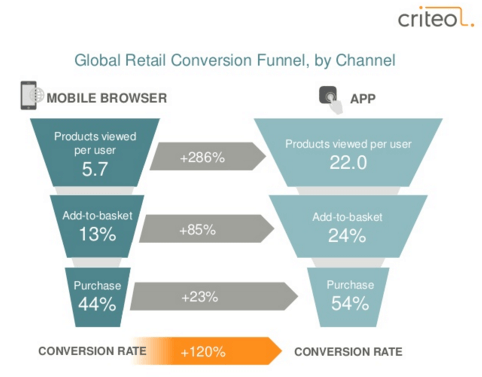
4. You’re missing out on what your customers actually want.
24% of mobile commerce app users who add products to a cart will ultimately buy, compared to just 13% on the mobile web. The number of iOS shopping app downloads during last Black Friday week increased about 17% over the previous year. From these data points, it’s clear that users not only want shopping apps, but want to use them to purchase. Increased sales are yours for the taking! But that doesn’t mean it’s easy.
Just having an app is a start, but it isn’t enough. Your retail app also has to be great, because app brand recognition isn’t up to par at the moment. Why not? Because most retailers still aren’t thinking “mobile first” as they should be. And here’s what results from this mentality:
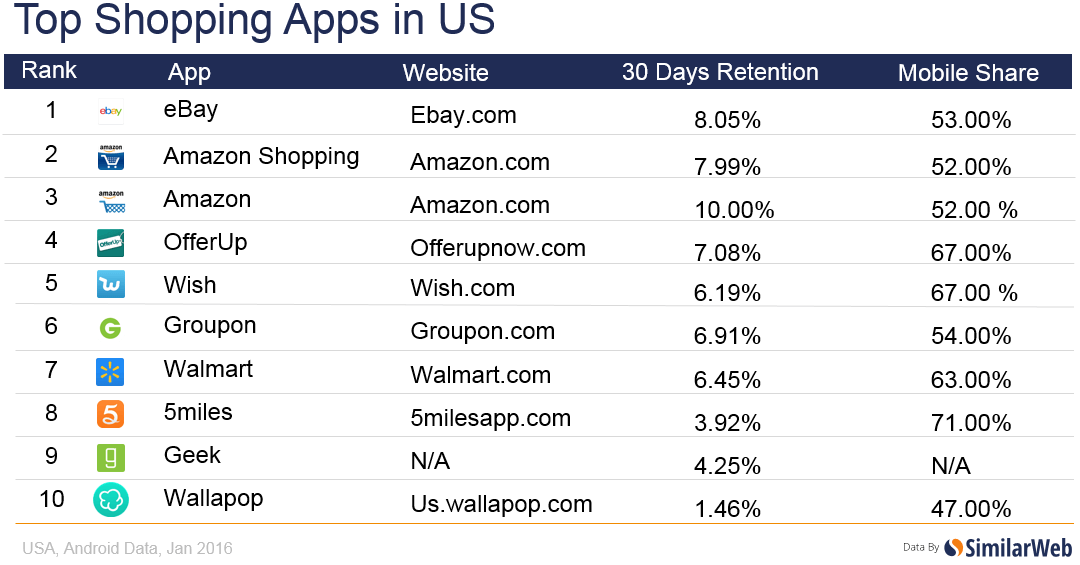
3rd party shopping apps are taking over the smartphone screens of your customers. eBay, Amazon; these sites know how to put mobile first and are filling the gap in the market for retail apps. They’re eating your lunch because you’re not even at the table yet. If your company wants to win at mobile ecommerce, there’s no better day than today to get to work on your killer mobile shopping app. Your customers are waiting!
What’s been your experience with retail mobile apps? Sound off in the comments below!

